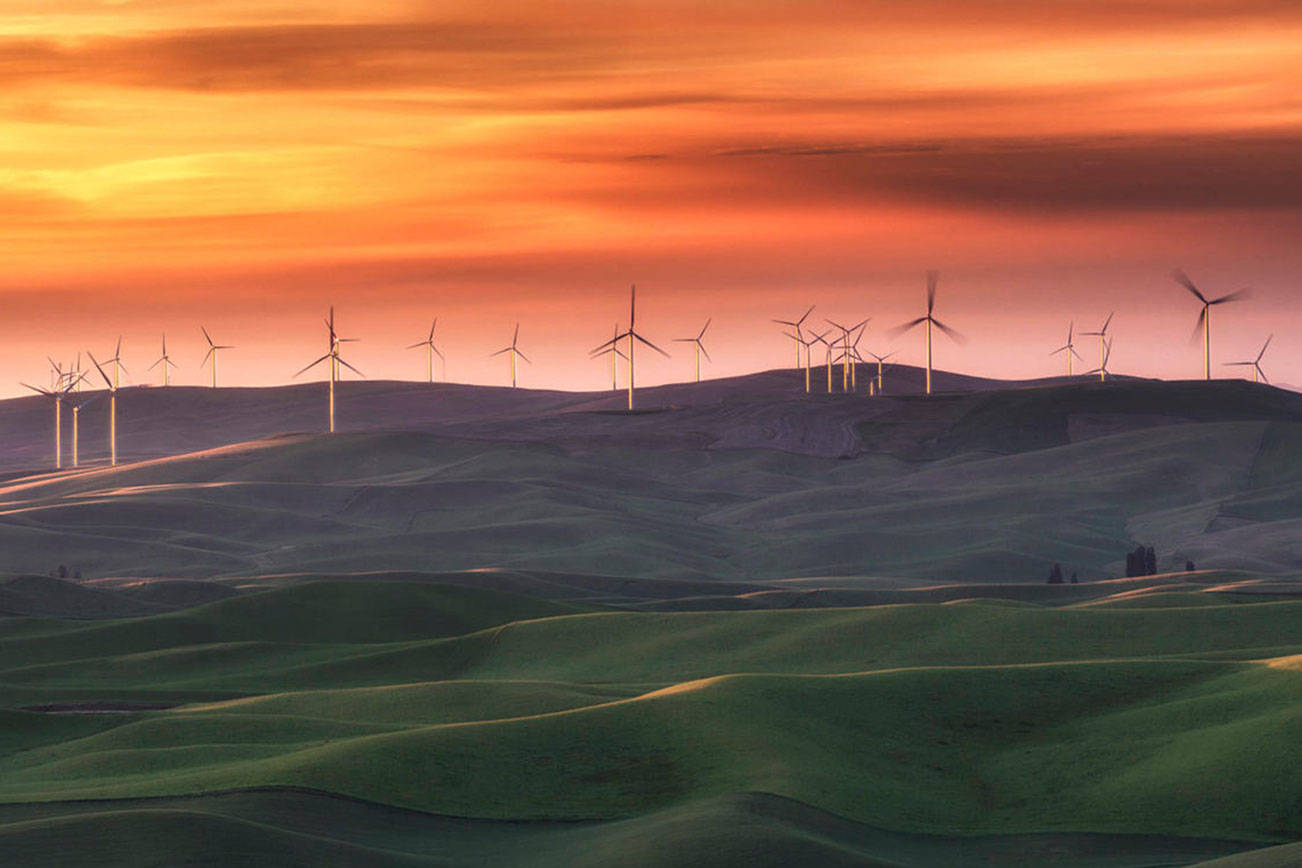Washington’s average annual temperature has grown by 1.8 degrees Fahrenheit since 1895. The year 2015 is the warmest in state history, according to the University of Washington. In fact, this decade is also the warmest.
Global warming is here. And UW scientists think it’s going to get warmer.
“Substantial warming is expected in the coming decades, which will make some of the recent notably warm or record-setting years more like an average year in the future,” according to an August UW report called “An Unfair Share.”
That inevitable heat is expected to affect the poor and communities of color the worst.
“Race and ethnicity play a central role in conversations about disproportionate climate risks,” the report said. The question is, in which ways and by how much?
The UW study collected all the previous published studies on the subject and held 11 listening sessions with communities of color scattered around Washington. Its goal: Map out what needs to be explored in Washington to put solid figures or links on how climate change affects the poor and non-whites in the state.
“This is the first deep dive into working with communities of color and with low-income communities (in Washington). … Next step is a deeper qualitative analysis,” said UW climate scientist Heidi Roop, one of the Unfair Share report’s co-authors.
These potential follow-up studies could have effects in the immediate future.
The best example is Initiative 1631 on November’s ballot. I-1631 would install fees on carbon emission polluters. If I-1631 passes, 5 percent of that collected money would go to communities affected by climate change and to communities dealing with the economic ripple effects from any decreases in fossil fuel production. Follow-up studies for the Unfair Share report could help determine how that 5 percent is allocated. However, the UW study is not linked to the I-1631 campaign.
Another example is Gov. Jay Inslee’s proposed carbon tax that died last month in the Washington Legislature. If I-1631 fails, this proposed tax will likely be revived in the 2019 legislative session. This year’s failed tax proposals included routing money to communities harmed by climate change. A potential 2019 bill could have the same feature.
“We think of climate impacts as a futuristic scenario, but people are worrying about what is happening now. … This report just scratches the surface,” said Deric Gruen, program director of Front And Centered, a new coalition of organizations representing of communities of color that helped put together the Unfair Share report.
Climate change has hit everyone in the state, but poorer people — with a huge percentage being people of color — have less resources to cope with the effects of the increasing heat, Roop said.
For example, the poor cannot afford the same air conditioning as wealthier families, Roop said. Another example is farmworkers in Eastern Washington — overwhelmingly Hispanic — working in hotter average temperatures. Gruen speculated Front And Centered might focus on how climate change affects farmworkers.
“Currently, a little more than 7 million people live in the state of Washington. Although the current population is 70 percent white, the state’s racial/ethnic diversity is growing and is projected to continue to grow in the coming decades. By 2050, it’s possible that over half the state’s population will identify as Black, Latino, Asian Pacific Islander, Native American, or Mixed race. These trends are similar to those observed and expected for many other parts of the country,” the Unfair Share report said.
The Seattle Foundation provided $130,000 for the Unfair Share study. It is possible that the foundation might fund some of the follow-up studies looking at how climate change specifically affects people of color and the poor, said Sally Gill, managing director of the Seattle Foundation. The foundation wants to take a leadership role on this issue, she said.
Here is a rundown of what the UW report recommends for discussion in follow-up studies in Washington:
• A deeper look at the economic costs, such as health care due to extreme heat or poor air quality. Questions include how these health issues affect loss of employment, disabilities, and chronic medical problems, and how these problems could affect employment chances for poor people with limited education.
• Do increasing temperatures affect prices and quality of foods at groceries and markets?
• Climate change has been linked to floods and wildfires. How do these events affect the cost of living in the areas where these disasters occur? What are the demographics in these areas?
• Does the stress of these economic ripple effects create mental health problems?
• Are there differences in how people in rural and urban areas are affected by the increasing heat and their abilities to cope with it?
• Ports tend to be sources of water and air pollution. The report said the communities surrounding ports tend to be poor, and this relationship should be explored more.
• What are the effects of global warming on groundwater?
Clean water was a frequent topic brought up by people at the listening sessions, said Pah-tu Pitt of the Na’Ah Illahee Fund, which is part of the Front and Centered coalition. She was the community engagement coordinator for the Unfair Share report.
A lot of the water quality issues are linked to shrinking glaciers and less rainfall — involving the conflicting interests of agriculture, clean water, fish and wildlife, she added. People at the sessions worried about food such as fish growing in tainted water.
Tribes on both sides of the Cascade also frequently voiced concern about wildfires.
Talk to us
Please share your story tips by emailing editor@kentreporter.com.
To share your opinion for publication, submit a letter through our website https://www.kentreporter.com/submit-letter/. Include your name, address and daytime phone number. (We’ll only publish your name and hometown.) Please keep letters to 300 words or less.

